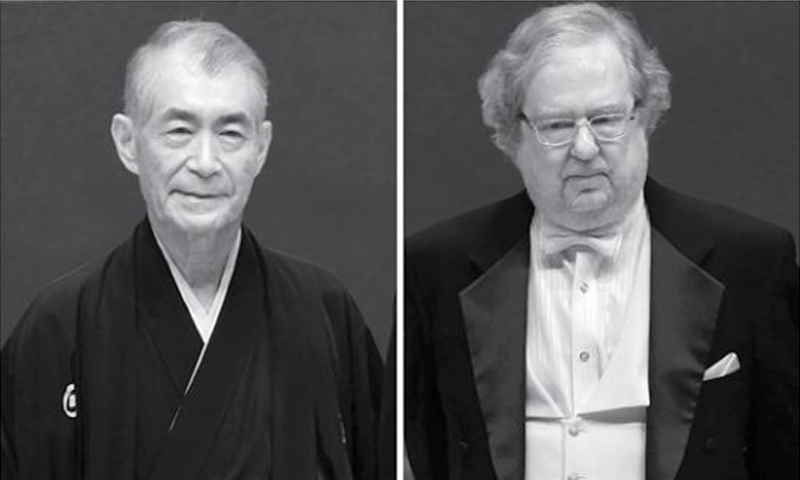US, Japan duo win Nobel Prize for cancer therapy
Two immunologists, James Allison of the US and Tasuku Honjo of Japan, won the 2018 Nobel Medicine Prize for research into how the body’s natural defences can fight cancer, the jury said yesterday.
Unlike more traditional forms of cancer treatment that directly target cancer cells -- often with severe side-effects -- Allison and Honjo figured out how to help the patient’s own immune system tackle the cancer more quickly. The award-winning discovery led to treatments targeting proteins made by some immune system cells that act as a “brake” on the body’s natural defences killing cancer cells.
The Nobel Assembly in Stockholm said the therapy “has now revolutionised cancer treatment and has fundamentally changed the way we view how cancer can be managed”. In 1995, Allison was one of two scientists to identify the CTLA-4 molecule as an inhibitory receptor on T-cells, a type of white blood cell that play a central role in the body’s natural immunity to disease.
Allison, 70, “realised the potential of releasing the brake and thereby unleashing our immune cells to attack tumours,” the Nobel jury said. Around the same time, Honjo discovered a protein on immune cells, the ligand PD-1, and eventually realised that it also worked as a brake but in a different way.
Related Posts

